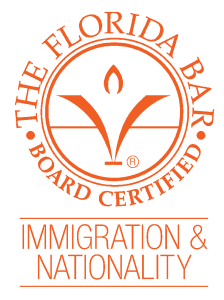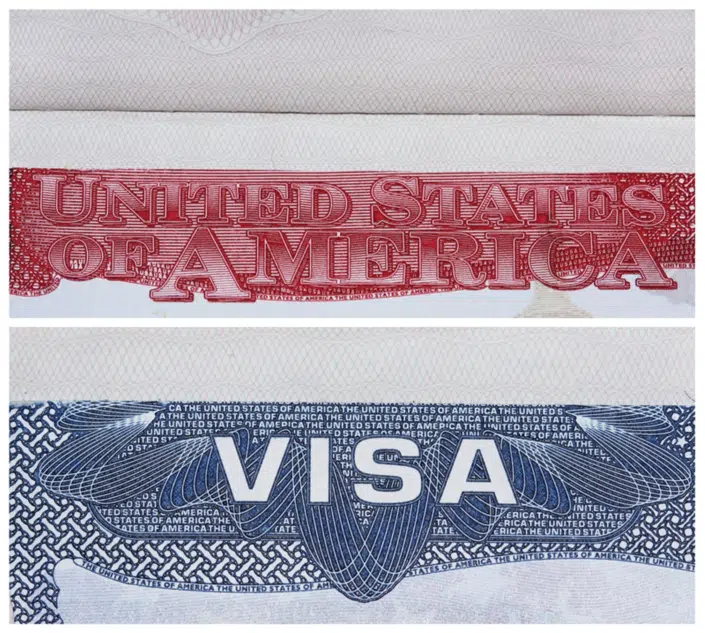There are a variety of ways that a person can acquire U.S. citizenship or nationality.
The most common way is for people who are born in the United States, its territories, or a U.S. possession. This is so under the legal concept called “jus soli,” which is Latin for “right of the soil” or the right of a child born in the territory of a state to nationality or citizenship. In 1868, the United States adopted the 14th Amendment to the U.S. Constitution, which said in pertinent part, “All persons born or naturalized in the United States, and subject to the jurisdiction thereof, are citizens of the United States and of the State wherein they reside.” For most of everyone else not born on U.S. soil, the following applies in the pursuit of U.S. citizenship:
Citizenship Acquired at Birth Outside of the U.S.
A person may also automatically acquire U.S. citizenship by birth outside of the United States if one or more of their parents were or are U.S. citizens. To prove that someone born outside of the U.S. has automatically acquired citizenship requires extensive proof based on the law in effect at the time of their birth. There are two general ways to be deemed a U.S. citizen: through application for a Certificate of Citizenship and/or application for a U.S. passport. Obtaining both is highly advisable.
Citizenship Through Naturalization
To qualify for citizenship by applying for naturalization, the following are the general requirements:
- Be 18 or older at the time of filing.
- You have been a permanent resident for at least 5 years.
- Have continuous residence in the United States as a green card holder for at least 5 years immediately preceding the date of filing the application.
- Be physically present in the United States for at least 30 months out of the 5 years immediately preceding the date of filing the application.
- Reside continuously within the United States from the date of application for naturalization up to the time of naturalization.
- Be able to read, write, and speak English and have knowledge and an understanding of U.S. history and government (civics). There may be an exception depending on a medical condition, or your age and length of time as a permanent resident.
- Be a person of good moral character, attached to the principles of the Constitution of the United States, and well disposed to the good order and happiness of the United States during all relevant periods under the law.
There are also different standard for naturalization if you have qualifying service in the U.S. military.
Naturalization for Spouses of U.S. Citizens
As well, if you are currently married to a U.S. citizen there are some different standards regarding the following:
- Be a permanent resident for at least 3 years immediately preceding the date of filing.
- Have continuous residence in the United States as a lawful permanent resident for at least 3 years immediately preceding the date of filing the application.
- Have been living in marital union with the U.S. citizen spouse, who has been a U.S. citizen during all of such period, during the 3 years immediately preceding the date of filing the application and up until examination on the application
- Be physically present in the United States for at least 18 months out of the 3 years immediately preceding the date of filing the application
Also, your child may qualify for naturalization if you are a U.S. citizen, the child was born outside the U.S., the child is currently residing outside the U.S., and all other eligibility requirements are met.
Spouses of U.S. Citizens Employed Abroad
Generally, the spouse of a U.S. citizen who is employed by the U.S. government, including the military, or other qualifying employer, whose spouse is scheduled to be stationed abroad in such employment for at least 1 year at the time of filing, may be eligible for naturalization.
In general, a spouse of a U.S. citizen employed abroad must be present in the United States pursuant to a lawful admission for permanent residence at the time of examination on the naturalization application and at the time of naturalization, and meet of all of the requirements listed above except that:
- No specific period as a permanent resident is required (but the spouse must be a permanent resident)
- No specific period of continuous residence or physical presence in the United States is required
- No specific period of marital union is required; however, the spouses must be in a valid marriage at the time of filing until the time of naturalization.
Note: You must also establish that you will depart abroad immediately after naturalization and that you intend to reside in the United States immediately upon the termination of your spouse’s employment abroad.
Citizenship for Military Personnel & Family
Members of the U.S. Armed Forces and their dependents (spouses and children) may be eligible for citizenship, to include expedited and overseas processing, under special provisions of the law. Spouses of U.S. citizen members of the U.S. armed forces who are (or will be) deployed may be eligible for expedited naturalization or for overseas processing. Children of U.S. citizen military members deployed abroad may be eligible for overseas processing. Family members who are survivors of military members who died may also receive benefits.













